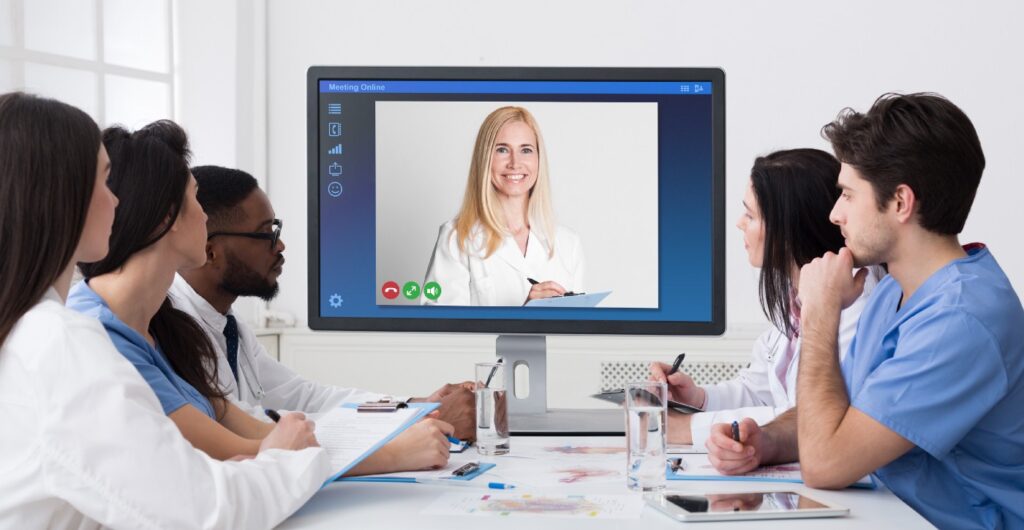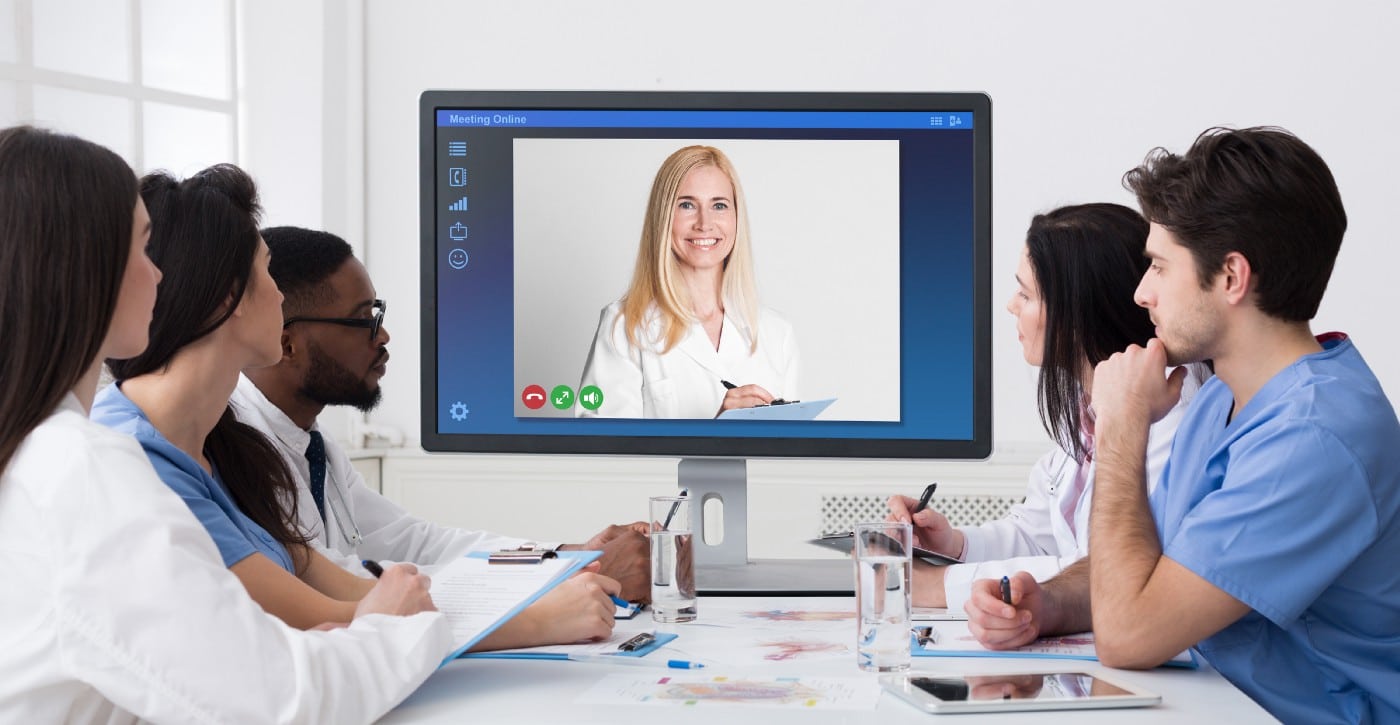
Mary, an Intensive Care nurse in the UK, is exceptional at identifying problems and formulating protocols to solve them.
And she has a secret.
She was diagnosed with Autism in her last year of nursing school. Like most nurses, her dream is to help patients and improve their lives. This diagnosis changed her self-perception. She started looking at herself differently. She feared the diagnosis of Autism would make it difficult for her to be accepted and valued. She worried that her would use her autism against her.
During her studies, Mary preferred to perform solitary tasks. This was difficult during her clinical days, which required her to interact with patients. She disliked being touched. Stimulation from bright lights made her anxious. Yet, with support from a local group for autistic people, she graduated with honors and was hired to work in the ICU of a major hospital.
Although excited to live her dream of being a nurse, the ICU environment presented new challenges for Mary. She had to deal with constant machine noise. Also, touching patients was part of the job.
Determined to succeed, she explained how she got through her shifts. “When I first started the job, I would play medical equipment sounds on loop to familiarize myself with the stimulus.”
No amount of familiarization, however, could help her deal with her intense reaction being touched. Most of her colleagues are huggers and the stress of masking her autism was wearing her down. Finally, shen one of her peers approached to hug her, she blurted out, “I don’t like hugging. I’m autistic.”
To her surprise, her colleagues were quite supportive. They understood her need not to be touched. They appreciated the contribution that Mary brought to the team and chose to accept and support her.
Neurodiversity in Nursing Is a True Benefit to Healthcare.
Different thinkers fall under the umbrella of neurodiversity. Examples of neuro cognitive differences might include autistic, dyslexic, ADHD, etc. Unfortunately, most neurodivergent (ND) nurses are in hiding because they fear the negative consequence of discloser.
Neurodivergents often experience difficulty in training and professional development. Creating a supportive learning space for individuals with neurodivergent cognition can help improve patient care, encourage career development, and provide more opportunities for ND individuals to highlight their capabilities.
Identifying Learning Gaps in Neurodivergent Student Nurses
In most universities, expectations are that students must achieve a certain level of competence to complete the course successfully. Conventional nursing programs are tailored to favor neurotypical systems of thinking and learning. Much of the curriculum is still delivered by lecture. This can be challenging for ND people who pursue nursing as a profession. We are all differently-abled in how we learn and process information. Yet, educators often teach to one type of learner. That learner can process auditory information delivered by lectures and memorize information to successfully to pass tests. This is not an indication of intelligence or potential. This is about how different brains take in and process information.
Nurse training primarily requires one to acquire knowledge in a classroom environment and apply this knowledge in the care of patients. Some programs are now offering virtual reality training to supplement traditional classes. For some autistics, virtual reality can be overwhelming. A colleague of mine said, “My brain can’t handle virtual reality. It makes me physically ill.” So, what alternative is available for students who can’t learn effectively through virtual reality?
Traditional teaching methods often fail ND students as their approach to learning and processing information is different. Consequently, with traditional teaching methods, a learning gap often widens and impacts the performance of these students. Some nursing programs assess candidates’ social skills in the clinical setting, which is problematic for students in the spectrum. It’s understandable that a good bedside manner be part of holistic education in nursing, however, not all nurses need social skills. Autistic nurses may be outstanding when given duties that don’t require bedside manners. Rather than focus on their deficits, why not focus on their strengths and place them where their skills are valued and needed?
Neurodivergent nursing students are expected to succeed under the same classroom conditions as their neurotypical counterparts. Sometimes, these students may require supports such as examination adjustments, assistive technology, and lecture capture to properly grasp key ideas. Research into the effectiveness of these supports has largely shown that, when provided, they can boost the learning abilities and prospects of neurodivergent students by more than 70%. Additionally, many supports that exist for students today largely ignore the social and sensory needs of the neurodivergent population.
According to a Coventry University analysis on existing literature, autistic nursing students believe that, in many universities in the UK, academic support has been largely sufficient, although non-academic support has been severely insufficient.
Mental Well Being in a Stressful Profession
For student nurses to be successful in their coursework or continuing professional development, they must identify their unique needs and prioritize their mental well being. This is especially true for those that learn differently. For those of us whose brains are wired differently, we need to figure out what works for us and become experts on how we learn.
Hiding in Plain Sight
Due to the need to conform to societal norms, many neurodivergent people mask their differences. For nurses, this may affect their transition from novice to specialist. Professional development in nursing involves transition in nursing practice, accommodating change, inter-professional relations, and career advancement as leaders and mentors. Without recognition of diversity and proper support, nurses may not achieve their full potential. This is a huge loss, especially now, when there is a severe shortage of licensed nurses and a mass exodus in the profession.
Creating a Culture that Promotes Neurodiversity in Nursing Professional Development.
Connie Harris, a Doctoral student at the University of Northern Colorado School of Nursing, finds that many ND nurses are at risk of not attaining the success which their neurotypical counterparts may achieve. This is largely due to the fact that most nurses will require continuous professional development and training and neurodivergent nurses may fail to access learning adjustments, making learning difficult. These difficulties, her research suggests, make it more difficult to undertake as much continuing education as may be required to reach maximum potential in their careers. In the same vein, professional training, conferences, and certifications must emphasize tolerance and support for neurodivergents in the workplace.
It is our collective responsibility to embrace neurodiversity. Using a variety of teaching strategies in nurse training can go a long way in reducing the gap that limits ND nurses from achieving their full potential. Understand that these instructional changes do not compromise the quality of training. They improve odds that a more cognitively diverse class of nursing professionals are prepared to meet the challenges faced in the field today. By embracing these changes, we can build a more empathetic culture that recognizes and elevates the value of diversity in the nursing profession.
Call Back to Mary’s Story
Mary’s story is not unique in the world of ND people. When we view neurodivergent people through a lens of their limitations, we fail to realize their unique capabilities. When we view them through the lens of their strengths, everyone wins. This is the difference between having a deficit mindset vs a gifts mindset.
References
Tips for Neurodiverse Nurses — Daily Nurse
Neurodiverse Nursing Stories |Neurodiverse RCN | Peer Support Service | Royal College of Nursing
Neurodiverse Nursing Stories |Neurodiverse RCN | Peer Support Service | Royal College of Nursing
Clouder, D. et al. (2020). Neurodiversity in higher education: A narrative synthesis. Higher Education, vol. 80, no. 4. Pp. 757–778. Accessed from the Coventry University Repository.
Harris, C. (2018). Reasonable adjustments for everyone: Exploring a paradigm change for nurse educators. Nurse Education in Practice. Vol. 33, Pp. 178–180.
Neurodiversity Definition
Neurodiversity: this term refers to a general diversity of minds. It includes people who are neurotypical and neurodivergent. When I talk about promoting neurodiversity in the workplace, for example, I am referring to creating a diverse workforce representative of the broad spectrum that exists when it comes to ways of thinking, processing information, communication, and learning. Some employees may be “normal” or neurotypical while others may have ADHD, Dyslexia, Autism, or trauma impacted ways of thinking. I am not referring to any particular label or diagnosis, but rather, the concept of an environment where a diversity of minds coexist.
Neurodiverse: This word is pretty much the same as neurodiversity, but should be used as an adjective. You can say, for example, that your workplace is neurodiverse.
Be careful though, because you should never describe a person as being neurodiverse. Individual people should be described as neurodivergent.
Neurodivergent: This word describes an individual whose way of thinking falls outside of society’s defined version of normal. Oftentimes you will see it abbreviated as ND.
Many times, neurodivergent people will have a diagnosis or label you may recognize, like autism, dyslexia, or ADHD. But neurodivergent people are also those with epilepsy, different kinds of brain trauma, or simply a unique way of thinking that may not have a specific diagnosis.
Photo Credit: Prostock-Studio
CLICK HERE to visit the articles page.

Download Neurodiversity in the Workplace! – Free!
Bring Susan Fitzell, M.Ed., CSP
Top Neurodiversity Speaker
To YOUR Organization!

